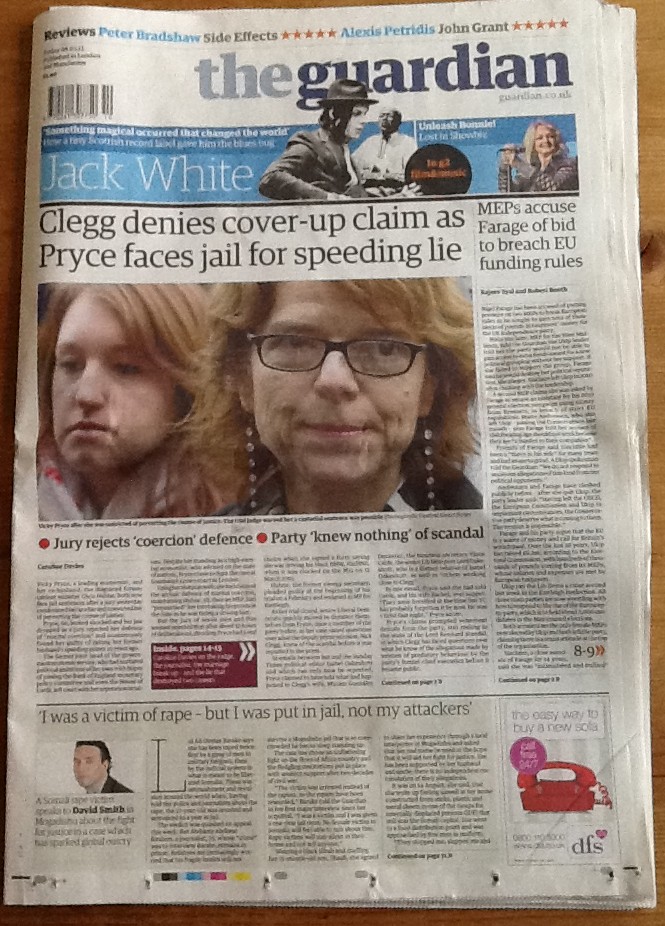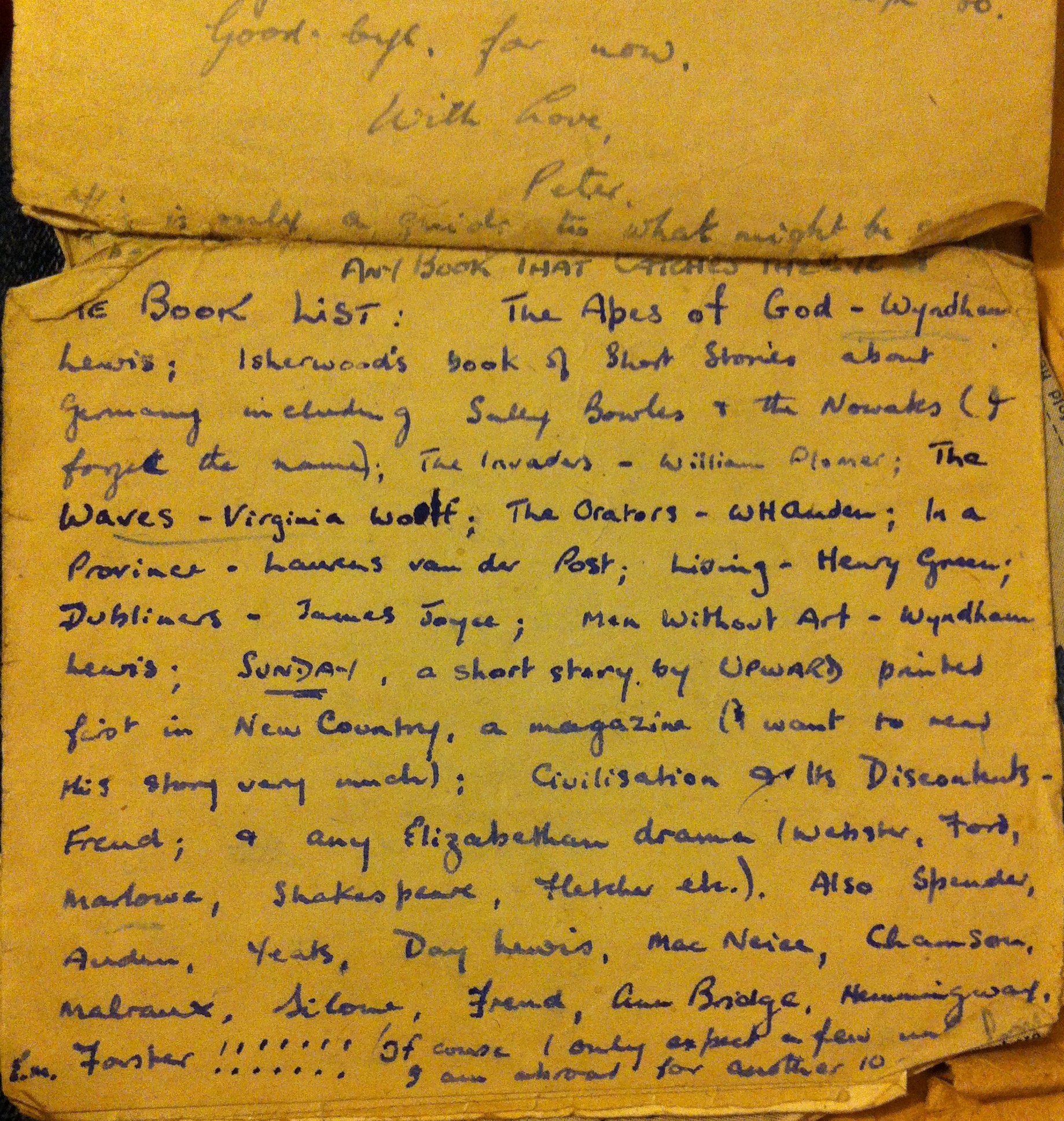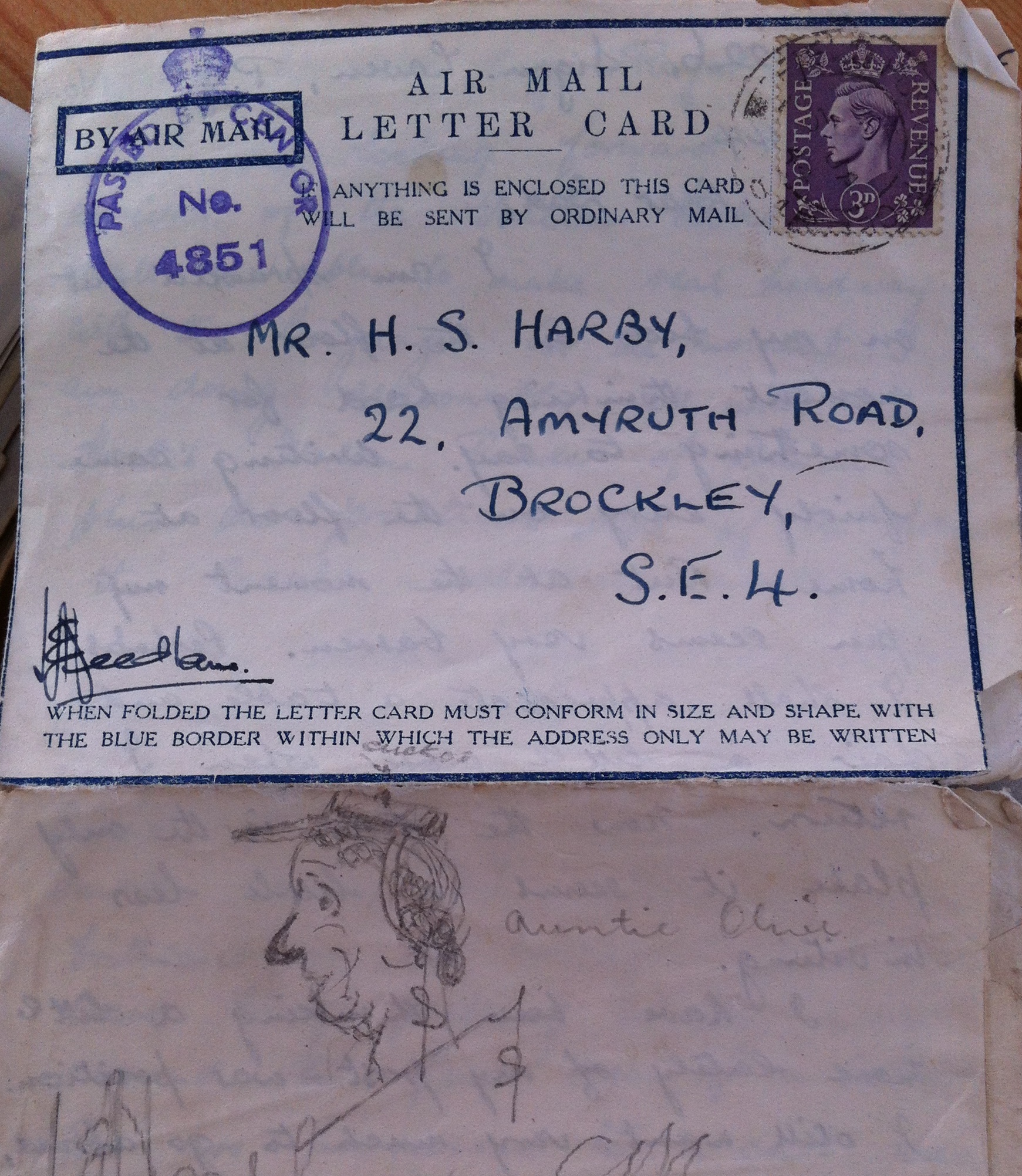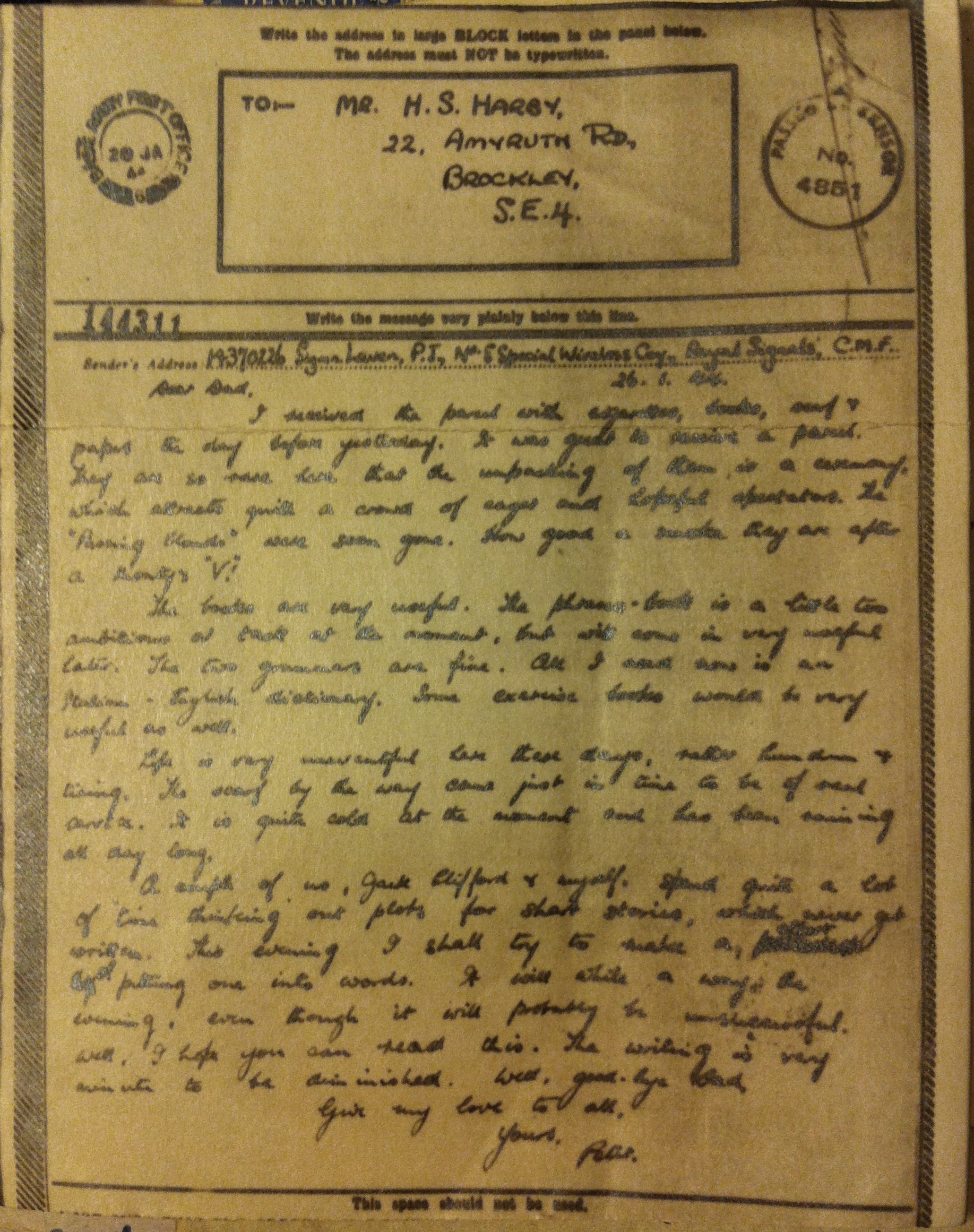I’m in mourning for the newspaper. About a week ago, I went mad with my credit card and bought a fancy tablet computer. Ever since, I’ve been reading the Guardian online with a free 14-day trial subscription. I’ve already saved plenty of money and I’ve wasted a lot less paper.  But am I going to pay for a subscription at the end of the fortnight? I have my doubts, because I really don’t like the digital format.
But am I going to pay for a subscription at the end of the fortnight? I have my doubts, because I really don’t like the digital format.
What’s not to love? Today I splashed out on a paper copy (at an astronomic £1.40) to try to work it out, but the reason is still eluding me. It’s something to do with scale–the pleasurable extent of the printed page, which has of course long been a mark of snooty cultural distinction (the upper-crust ‘broadsheets’ versus the down-and-dirty ‘tabloids’). But it’s also to do with crowding–the amount of material that’s packed onto each page, and that sense of many different things jostling for your attention. The press of the world is laid out to view, made tangible. The packed columns of text have a kind of tautness to them, as if they are providing the right number of words for the right physical space. And you know how to read that space–you have internalized all kinds of physical cues that tell you how significant this particular story is, how wealthy the company that can afford to advertise on that scale.
In the digital edition, every item has its own page, where it sits flaccidly in endless white space. For all the joy of the hyperlinks–the fact that you can find out what a columnist means when he refers to the ‘felicific calculus’ with an instant leap across to Wikipedia–there’s a kind of laziness to the online experience. I’m reminded of a friend who used to object to any pop song that was longer than 4 minutes; the discipline of the ‘single’ forcing bands to say what they had to say without endless padding and repetition. Without column inches, what is going to differentiate a newspaper from any other website?
the discipline of the ‘single’ forcing bands to say what they had to say without endless padding and repetition. Without column inches, what is going to differentiate a newspaper from any other website?
It’s easy to mock digital tools that too closely resemble their ‘hard-copy’ precursors for failing to reinvent themselves in the new medium. But I think the digital newspaper may need to learn a bit more from its printed counterpart.
 At a meeting of the
At a meeting of the 



